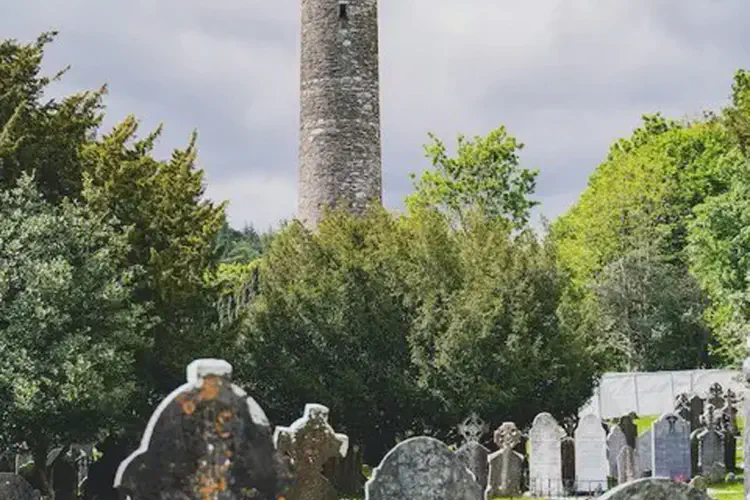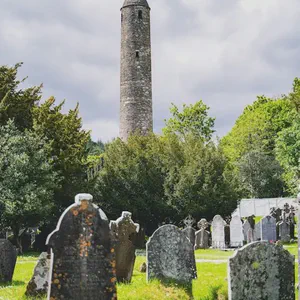
Ireland and Scotland were represented by six and five members respectively in the Barebones Parliament, also known as the Nominated Assembly, which sat from 4 July to 12 December 1653. This short-lived parliament was convened during the Commonwealth period of England, following the English Civil War and the execution of King Charles I.
Named after Praise-God Barebone, one of its more colorfully named members, the parliament was composed entirely of individuals nominated by Oliver Cromwell and his Council of Officers. It aimed to implement a godly reformation of society based on Puritan principles.
While it included members from England, Wales, Scotland, and Ireland, the assembly was seen as too radical by many, especially for its proposals on legal and social reform. It dissolved itself voluntarily after internal divisions, paving the way for Cromwell to assume power as Lord Protector later that month.
This was the first time Ireland and Scotland were formally represented in an English Parliament, though only through appointed members, not elected representatives.
